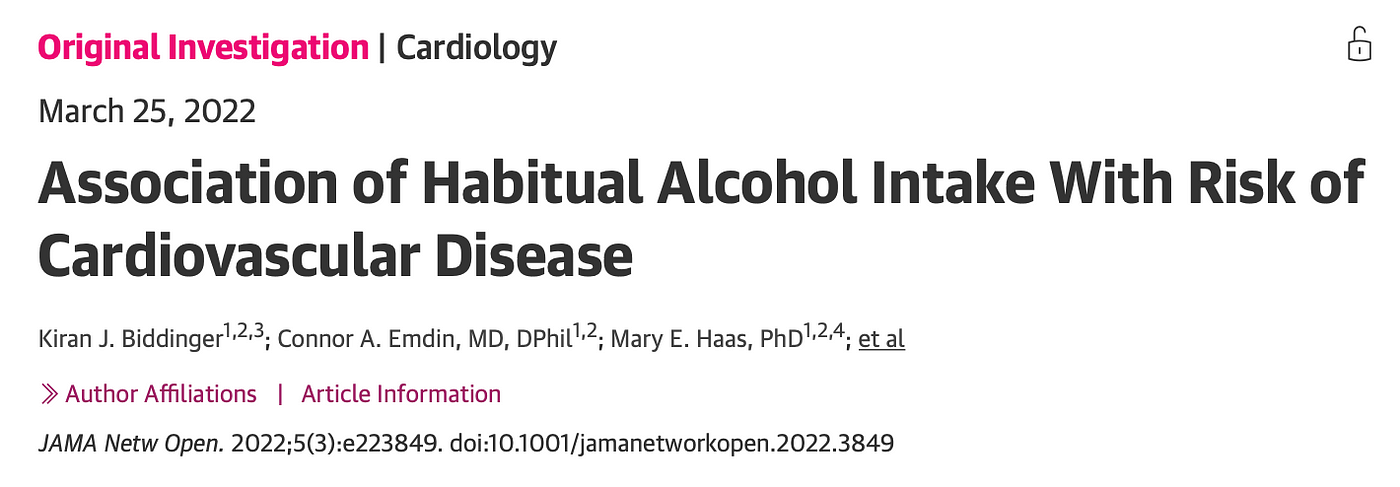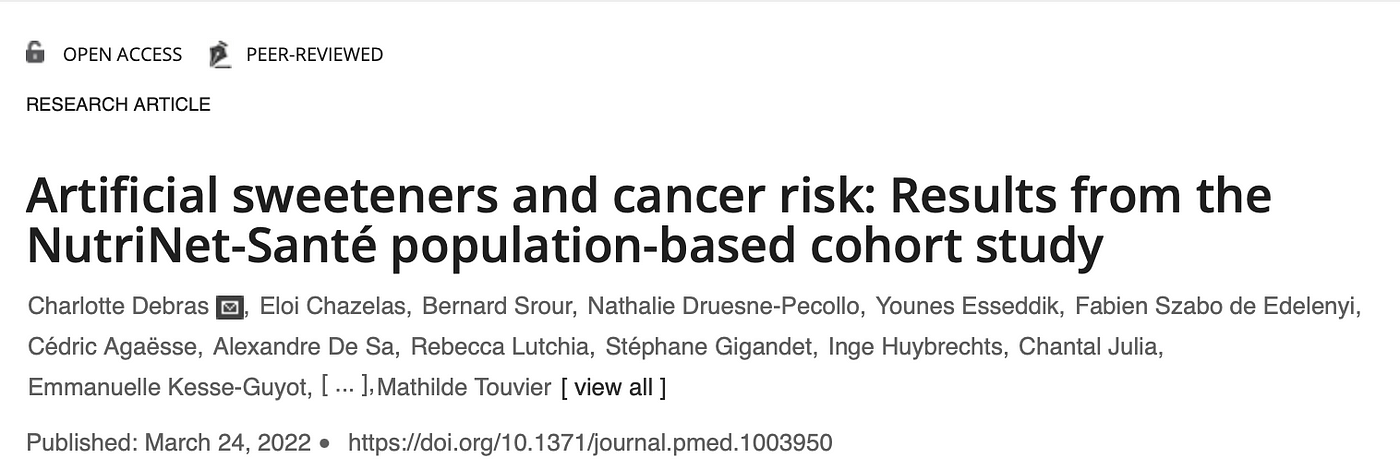A review of the week’s plant-based nutrition news 10th April 2022
This week I highlight new guidelines from New Zealand on weight management, impact of protein source on the risk of frailty, berries and type 2 diabetes, alcohol and cardiovascular disease and artificial sweeteners and cancer.

WHOLE FOOD PLANT-BASED DIET IN MAJOR NEW GUIDELINE: This is really exciting news. After several years of campaigning, health professionals in New Zealand have been successful in getting recommendations for a whole food plant-based diet incorporated into national guidelines on weight management. The guideline acknowledges that there are several diet patterns that can support weight loss, but the key principles of an appropriate diet pattern are that it is healthy, i.e. balanced, nutritious and meets energy requirements, and that is can be maintained in the long-term. A whole food plant-based diet meets these requirements and is associated with the ability to maintain a healthy weight with ageing. So it is only right that this new revised version includes a section on the use of a whole food plant-based diet to support long-term weight management. It states that a whole food plant-based diet is a ‘Long-term sustainable method of significant body weight reductions despite no caloric or portion size restrictions’. The guideline also acknowledges the benefits of a whole food plant-based, vegetarian and vegan diet for reducing the risk of cardiovascular disease and its risk factors and for reducing the risk of type 2 diabetes.
This is a really positive step forward and I hope other national and international guidelines will also be updated to recognise the important of plant-based diets for supporting optimal health. Read more about why a plant-based diet is so good for weight management in my article here.

PROTEIN INTAKE AND FRAILTY: I am very pleased to read the results of this paper as the erroneous and prevalent narrative continues to be that animal protein is superior to plant-based sources of protein for prevention of frailty in older people.
The analysis included 85,871 women aged 60 years and above from the Nurses’ Health Study. Participants were aged 30–55 years at the start of the study in the 1970’s and had been followed for 22 years. The study assessed the impact of protein intake on the risk of frailty. Frailty was defined as having at least three of the following five criteria from the Fatigue, Resistance, Ambulation, Illnesses and Loss of Weight (FRAIL) scale; fatigue, low strength, reduced aerobic capacity, 5 or more chronic conditions and loss of weight of ≥5%. The occurrence of frailty was assessed every 4 years from 1992 up to 2014 and dietary intake on at least 9 occasions. The main food sources of plant protein were bread, cereals, pasta, nuts, beans, and legumes; main food sources of animal protein included processed and unprocessed red meat, poultry, fish and seafood, eggs, and dairy products.
The results showed that comparing women consuming the most plant-based protein to the least (6.2g per day vs 3.8g per day), higher plant protein intake was associated with a 14% reduction in risk of frailty. In contrast, high animal protein intake was associated with a 7% increased risk of frailty. Replacing 5% of energy from animal protein with plant protein was associated with a 38% lower risk of frailty with a positive impact from replacing both dairy and non-dairy protein.
The authors conclude ‘among older adults, a higher intake of plant protein was associated with reduced risk of frailty. Moreover, these data suggest that replacing animal protein with plant protein might help to avoid the development of the frailty syndrome’.
Prior reports from the Nurses’ Health Study have reported that healthy dietary patterns characterised by a greater consumption of whole plant foods are associated with a lower risk of frailty, whilst red meat consumption increases the risk. So, all in all, a useful endorsement for emphasising plant sources of protein in the diet, even in older adults.

BLUEBERRY, CRANBERRY AND TYPE 2 DIABETES: Berries are a great addition to any diet pattern. They are high in fibre and polyphenols, both important components for optimising the health of our gut microbiome and we have a lot of data supporting their role in improving biomarkers of health. Blueberry and cranberry are high in a particular polyphenol called anthocyanins. This study aimed to assess the evidence from randomised studies for the efficacy of these berries in regulating blood sugar in people with and without type 2 diabetes.
The meta-analysis included 22 randomised clinical trials that compared blueberry or cranberry effects on type 2 diabetes parameters, such as fasting blood glucose, insulin resistance, and glycated haemoglobin, and that had provided data before and after the intervention. The studies included the use of berries in different forms, including powered capsules, frozen, freeze dried, juice and smoothies
Overall, the results showed that blueberry and cranberry had significant benefits for reducing fasting blood glucose, HbA1c but not on insulin resistance per se in people with type 2 diabetes. However, there were no convincing benefits in these parameters for people without diabetes.
Berry consumption has been associated with a number of health benefits including better cognitive and cardiovascular health and reduced risk of cancer. The current study supports berry consumption, and indeed fruit consumption in general, in people living with diabetes.

NO SAFE LIMIT OF ALCOHOL FOR CARDIOVASCULAR HEALTH: Over the last few weeks I have highlighted the latest studies confirming that there is no safe limit of alcohol consumption with detrimental impacts on cardiovascular health, cancer risk and cognitive function. This is the latest study to confirm that the safest amount of alcohol to consume is zero.
This study included 371, 463 from the UK biobank cohort, with an average age of 57 years and an average alcohol consumption of 9.2 drinks per week. It specifically examined the association between habitual alcohol consumption and cardiovascular diseases, including hypertension, coronary artery disease, myocardial infarction, stroke, heart failure, and atrial fibrillation. In addition, it used mendelian randomisation to assess the impact of genetic traits that predispose to higher alcohol consumption to determine whether the link between alcohol consumption and cardiovascular disease was indeed causal.
The results showed that light to moderate drinkers had the lowest heart disease risk, followed by people who abstained from drinking. People who drank heavily had the highest risk. However, the results also showed that light to moderate drinkers tended to have healthier lifestyles than abstainers — such as more physical activity and vegetable intake, and less smoking. Taking these lifestyle factors into account significantly lowered any benefit associated with alcohol consumption.
The mendelian randomisation part of the study showed that individuals with genetic variants that predicted higher alcohol consumption were indeed more likely to consume greater amounts of alcohol, and more likely to have hypertension and coronary artery disease. Of note, the findings also suggested a rise in cardiovascular risk even at levels deemed “low risk” by national guidelines. The dose-response relationship was not linear but exponential, demonstrating that the health gains of cutting back may be more substantial in those who consume more. One of the authors is quoted to have said ‘The findings affirm that alcohol intake should not be recommended to improve cardiovascular health; rather, that reducing alcohol intake will likely reduce cardiovascular risk in all individuals, albeit to different extents based on one’s current level of consumption’.
Overall, the findings show causal associations between alcohol intake and risk of hypertension and coronary artery disease that increase with even modest alcohol consumption and are exponential in magnitude.

ARTIFICIAL SWEETENERS AND CANCER: There have always been questions asked about the impact of artificial sweeteners on health. We have been persuaded by the food industry that they are safe, yet in vitro and animal experiments have suggest they may have an adverse impact on health. There have been long standing concerns about aspartame and a possible link with cancer but we have not, until now, had any robust human studies to support this hypothesis.
The paper reports finding from a large prospective cohort from France, the NutriNet Sante, which included 102,865 adults (78.5% women) followed for 7.8 years. As part of the repeated dietary assessment conducted during follow up, intakes of artificial sweeteners were assessed with specific analysis for the most frequently consumed; aspartame, acesulfame-K, and sucralose. The study aimed to assess the association between consumption and risk of cancer.
The results showed that artificial sweeteners were consumed by 36.9% of the participants. Compared to non-consumers, higher consumers tended to be women, younger in age, smokers, less physically active, more educated, and more likely to have diabetes. Compared to non consumers, those that did consume artificial sweeteners had a 13% increase in cancer overall with consumption of aspartame and acesulfame-K particularly implicated. Aspartame intake was associated with a 22% increased risk of breast cancer and 15% increased risk of obesity related cancer.
This study is unique in that it has assessed total exposure to artificial sweeteners through the consumption of a range of foods and beverages rather than using a proxy such as artificially sweetened beverage consumption as in prior studies. Although more studies are required to confirm these findings, these results should act as a warning with recommendations to move away from consuming artificial sweeteners.
Please follow my organisation ‘plant-based health professionals UK’ on Instagram @plantbasedhealthprofessionals and facebook. You can support our work by joining as a member or making a donation via the website.
